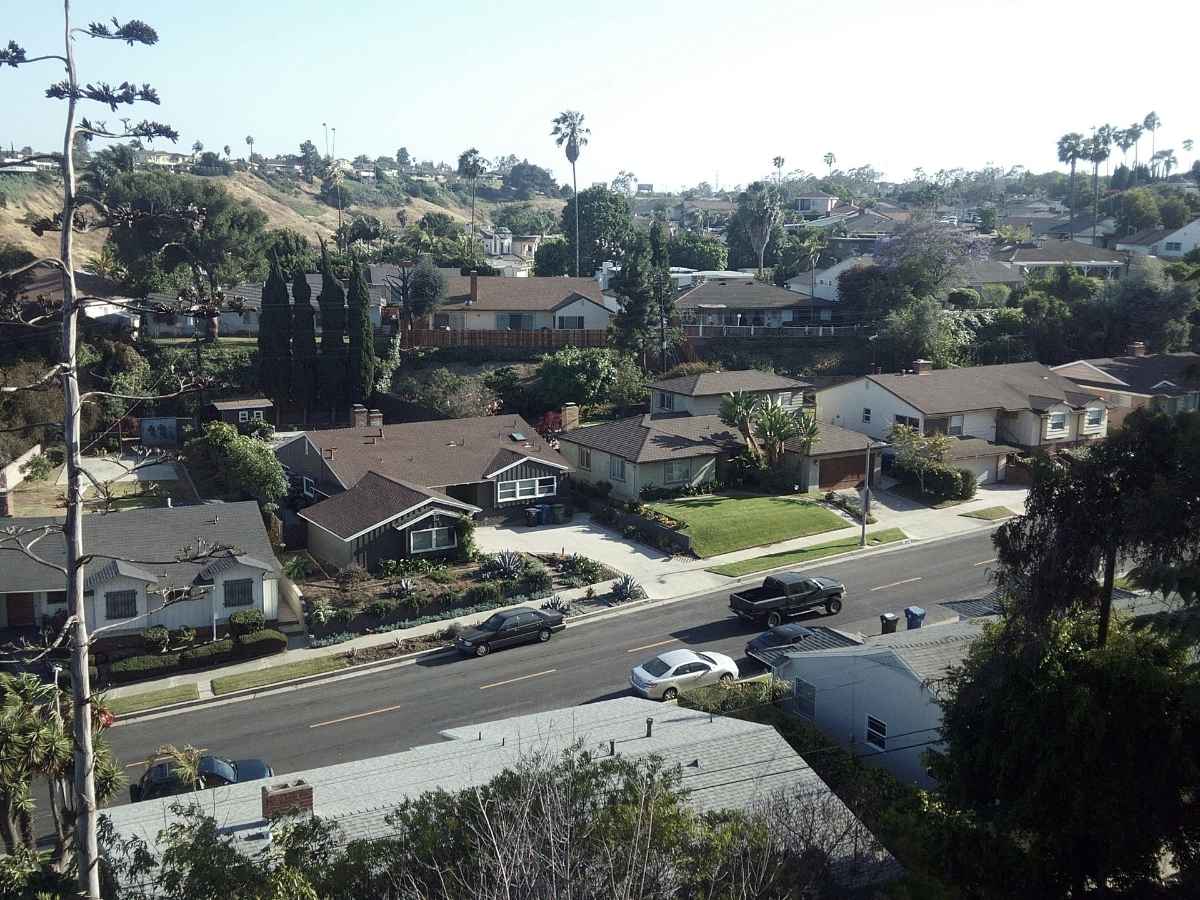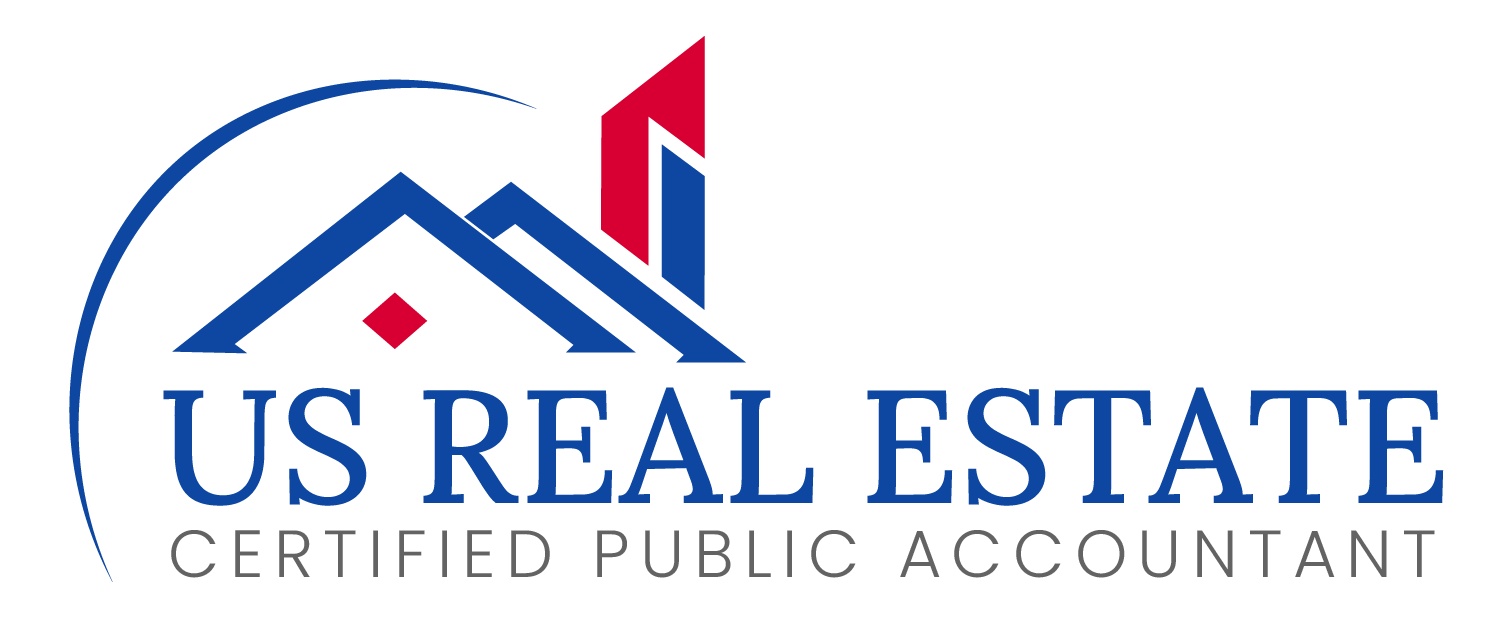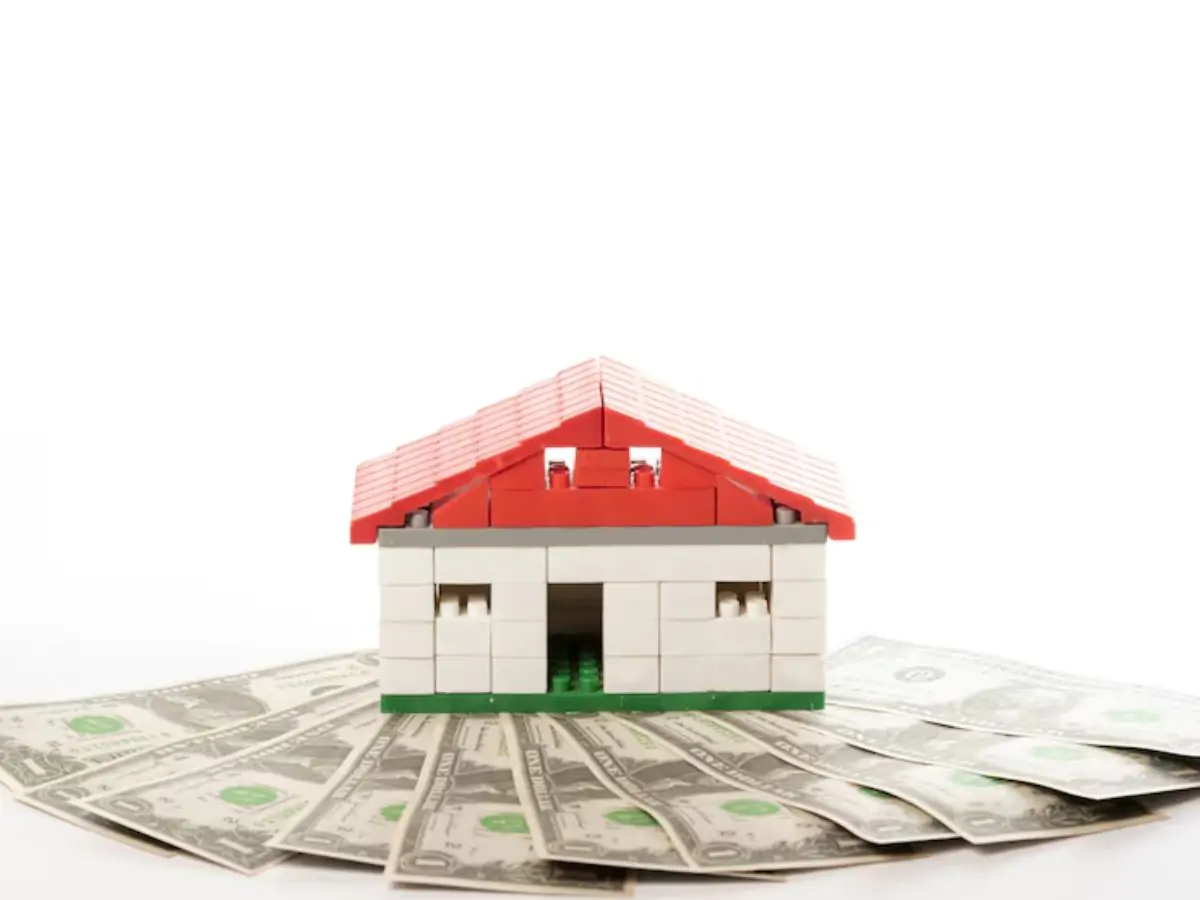
Your Home’s Value Soared. Now Don’t Get Blindsided by Taxes
Home prices in many parts of the U.S. have shot up over the last decade, in some cases, doubling or even tripling. That’s great news for homeowners who bought years ago and are now sitting on a small fortune in equity. But if you decide to cash in, you might be hit with a tax bill you weren’t expecting.
Thanks to rocketing home values, more sellers are running up against the IRS’s capital gains exclusion limits. Even if you’ve lived in your home for years, selling at today’s high prices could leave you with a surprise tax liability. Before you put up that “For Sale” sign, here’s what you need to know to keep more of your profit in your pocket.
How the Capital Gains Exclusion Works (And Why It Might Not Be Enough Anymore)
The IRS lets homeowners exclude up to $250,000 in profit (or $500,000 for married couples filing jointly) when selling their primary residence. That means if your gain falls under those thresholds, you won’t owe any federal capital gains tax.
But the problem is that the exclusion hasn’t been adjusted for inflation since 1997. Meanwhile, home prices have exploded. A couple who bought a house for $300,000 a decade ago and sell it today for $900,000 would have a $600,000 gain. After the $500,000 exclusion, they’d still owe taxes on the remaining $100,000.
How is your gain calculated?
It’s not just the difference between what you paid and what you sold for. Your cost basis includes:
- The original purchase price
- Major home improvements (like a new roof, kitchen remodel, or added square footage)
- Certain closing costs
“Keeping your settlement statement is very important to determine your basis versus the actual sales price,” says Katrina Martin, an enrolled agent with Wow Tax Advisory and Service. Without proper records, you could miss out on deductions and end up overpaying.
Who Qualifies for the Full Exclusion?
To claim the full 250K/500K exclusion, you must meet three key IRS rules:
- The Ownership Test – You owned the home for at least two of the past five years before selling.
- The Use Test – You lived in the home as your primary residence for at least two of the past five years.
- The Two-Year Lookback Rule – You haven’t claimed this exclusion on another home sale in the past two years.
You don’t have to meet those requirements in consecutive years, just within the five-year window. But if you’ve been renting out your home or using it as a vacation property, things get trickier (more on that later).
What If You Sell Before Two Years?
Life doesn’t always go as planned. If you have to sell before meeting the two-year mark, you might still qualify for a partial exclusion, but only if the sale was due to:
- A job relocation (at least 50 miles farther than your old commute)
- Health reasons (yours or a family member’s)
- Unforeseen circumstances (divorce, death, natural disaster, unemployment)
In such cases, the IRS prorates your exclusion. For example, if you lived in the home for 12 months before selling due to a qualifying reason, you could exclude half of the usual amount ($125K for singles, $250K for couples).
Why More Homeowners Are Getting Hit with Taxes Now
A decade ago, most sellers didn’t have to worry about exceeding the exclusion—home prices were lower, and gains were smaller. But today, with median home prices in some areas topping $1 million, even longtime owners are at risk.
Example:
- A couple buys a home in Austin in 2013 for $350,000.
- They sell in 2023 for $950,000.
- Their gain: $600,000.
- After the $500,000 exclusion, they owe capital gains tax on $100,000.
You can trim your taxable gain, however, by:
- Adding home improvement costs to your basis (save those receipts)
- Subtracting selling expenses (agent commissions, title fees, etc.)
“If repairs or improvements are needed, make that investment,” Martin advises. “Consider a HELOC or refinance to keep your liquid cash available.”
What Doesn’t Qualify?
Not all property sales get the tax break. The exclusion only applies to your primary home, meaning:
- Rental properties – If you rented out your home at any point, part of your gain could still be taxable.
- Vacation homes – No exclusion unless you made it your primary residence for at least two years.
- 1031 exchange properties – If you acquired the home through a like-kind swap, you can’t claim the exclusion if sold within five years.
Smart Tax Moves Before You Sell
If you’re sitting on big gains, a little planning can save you thousands. Here’s what to do:
Track every improvement – From a new HVAC system to a backyard deck, keep receipts for anything that adds value.
Consult a tax pro – A CPA can help estimate your gain and suggest timing strategies.
Check state taxes – Even if you dodge federal taxes, some states (like California) have their own capital gains rules.
Your home’s appreciation is a win. Just make sure Uncle Sam doesn’t take more than his fair share.



